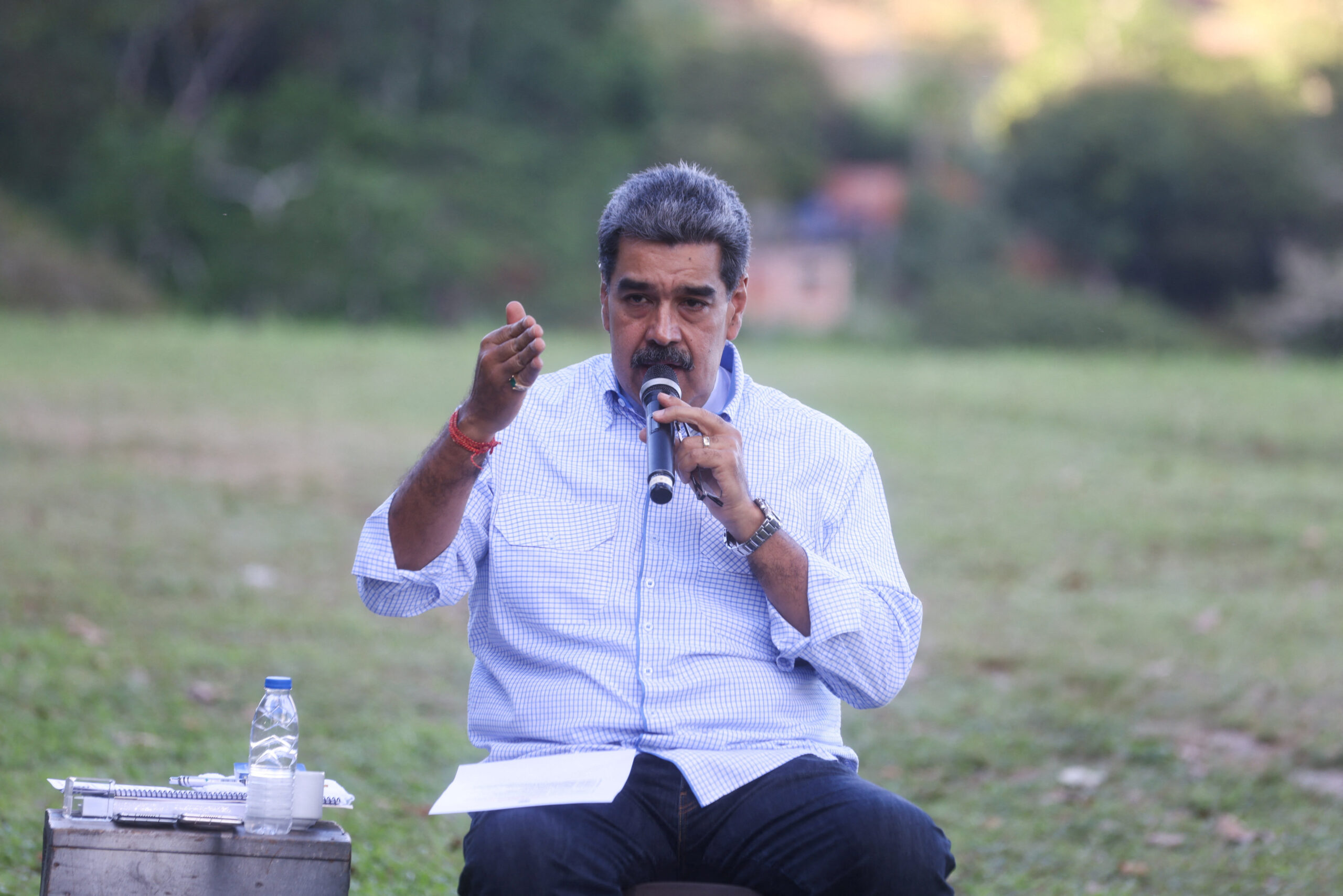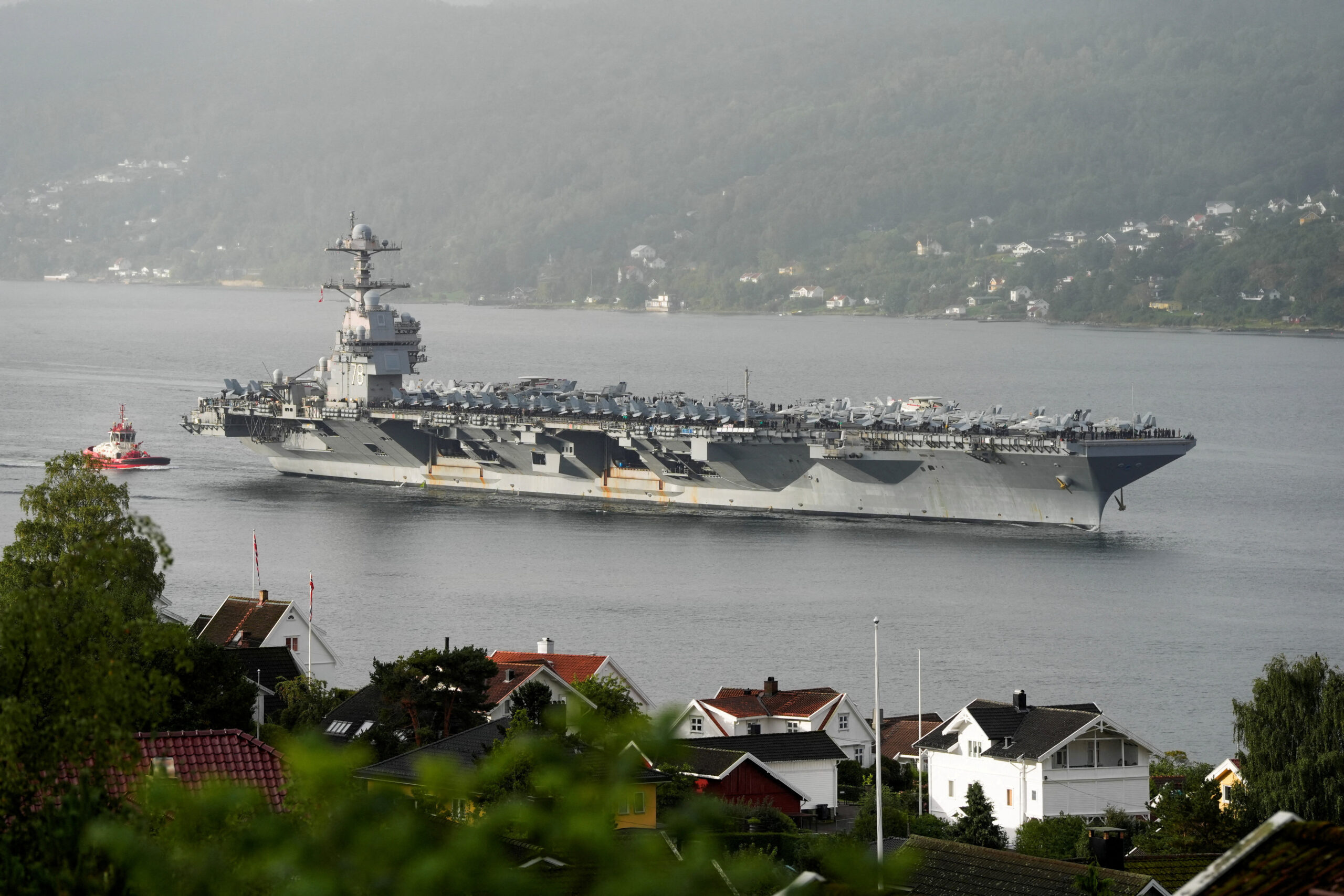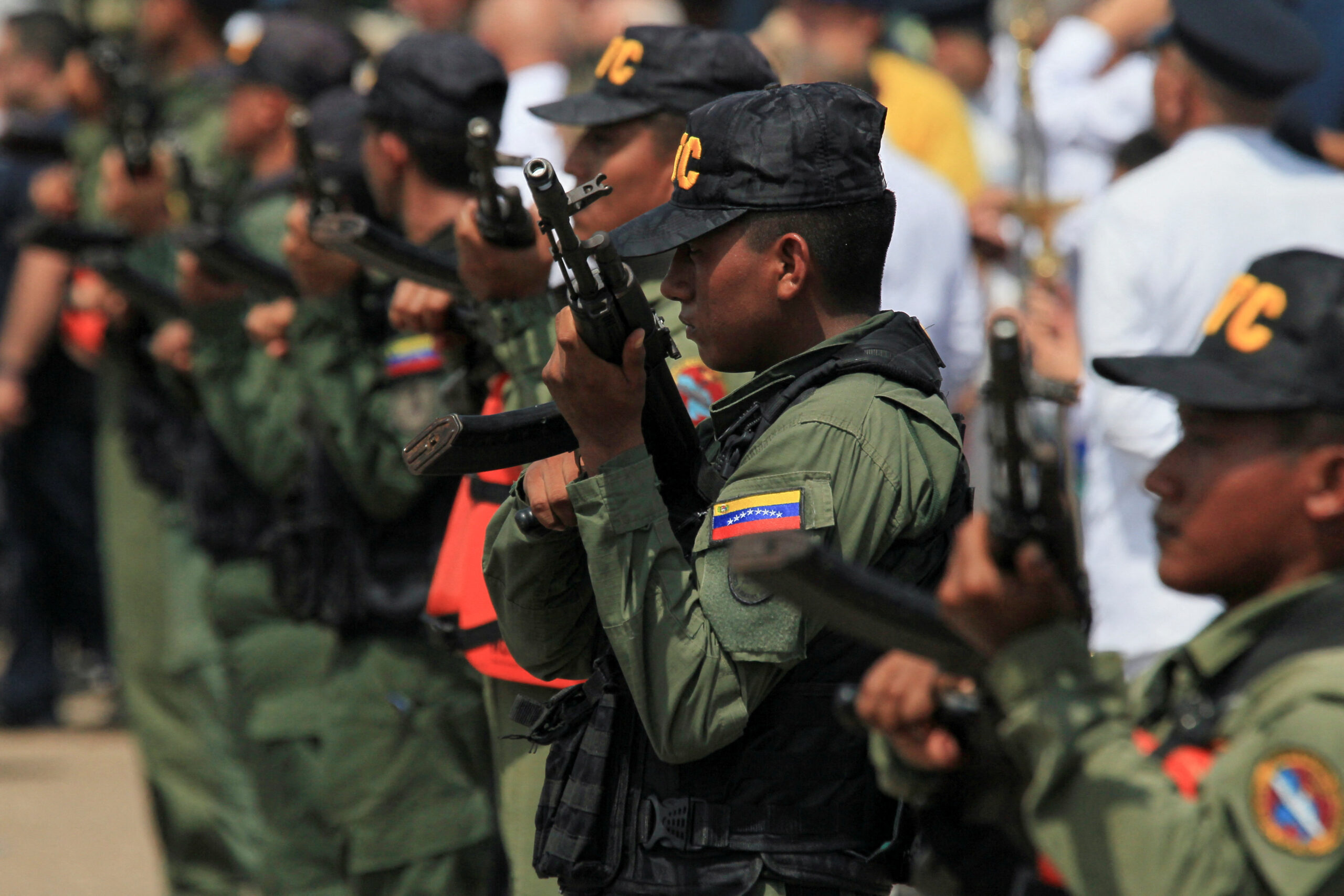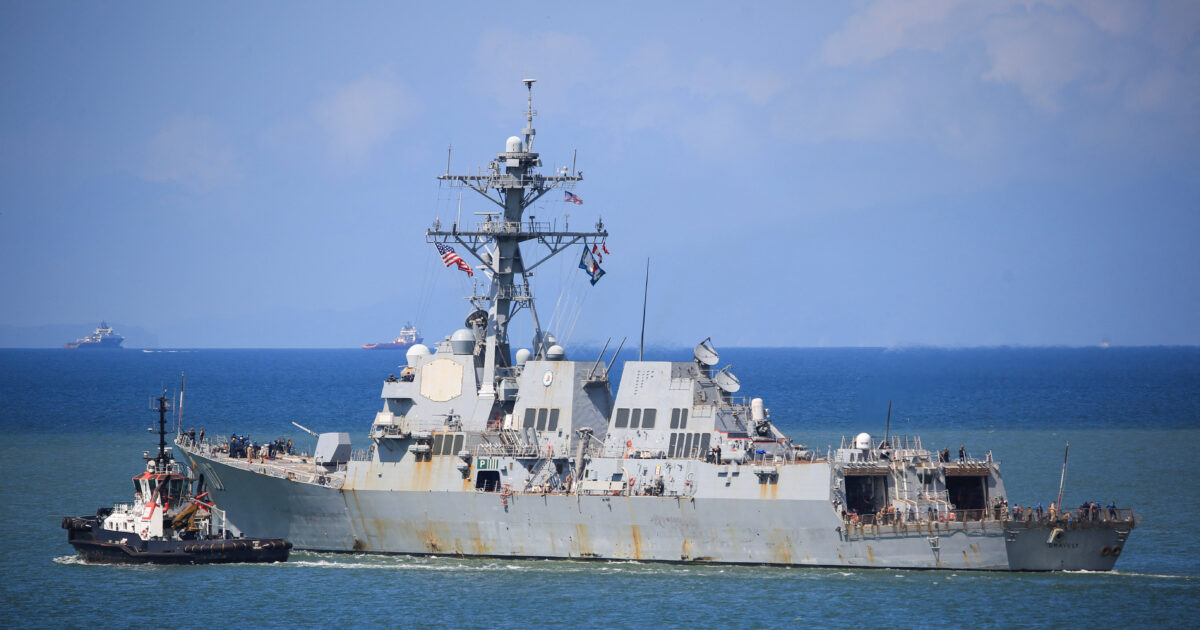What is at stake between Donald Trump and the Venezuela it goes far beyond simple diplomatic pressure. Since September, the U.S. military has stepped up attacks on what it describes as “drug-trafficking” vessels while massing an unprecedented naval force in the Caribbean.
Donald Trump has openly sent Venezuela a strong naval strike forcewith aircraft carrier headed for the area. An old one military base in Puerto Rico it has reopened, while bombers aircraft they conduct routine flights over Venezuelan airspace and the Marines conduct landing exercises continuously. At the same time, in the background, CIA has been given the green light to step up its covert operations.
The message is clear: the Nicolas Maduro regime is in the crosshairsanalyzes The Economist.
When asked about the Venezuelan president’s political future, Donald Trump didn’t even try to hide his intentions: “Yes, I think his days are numbered,” he told CBS News.


Cartels dubbed “terrorists” to justify the military option
To “dress up” this escalation, the Trump administration chose to change the words – and therefore the legal framework. The drug cartels they are no longer described as simple criminal organizations, but as “terrorist” groups. This upgrade allows the use of military force to be legitimized in the name of the fight against “narco-terrorism”.
THE Nicolas Maduro directly connected to these networks. Washington has put the Cartel de los Soles, a trafficking organization linked to high-ranking military officers, on its “global terrorists” list, portraying Maduro as a central figure in the scheme. Tren de Aragua, another Venezuelan gang, has already been designated a “foreign terrorist organization.” The reward for information leading to the arrest of the leader has doubled to $50 million.
In the field, the consequences are stark: US missiles hit boats suspected of carrying drugscausing dozens of deaths. Burnt human remains have washed up on the shores of Trinidad and Tobago – a shocking picture of a ‘war on drugs’ that is increasingly resembling a classic military operation.
These attacks are even characterized as “crimes against humanity» by lawyers, among them former judges of the International Criminal Court.
As we’ve said before, vessel strikes on narco-terrorists will continue until their the poisoning of the American people stops.
Today, at the direction of President Trump, the Department of War carried out a lethal kinetic strike on a vessel operated by a Designated Terrorist… pic.twitter.com/gQF9LpSjqD
— Secretary of War Pete Hegseth (@SecWar) November 7, 2025
Hard line… with glaring contradictions
At the same time, writes The Economist, American policy towards Venezuelans often gives the impression of moving in two parallel realities. As Washington describes Caracas as a quasi-“terrorist state”, the temporary protection status enjoyed by some 600,000 Venezuelans has been lifted and forced repatriation flights have resumed. Planes full of deportees land in Caracas, while strategic bombers threaten to strike the country.
Economically, ties were never fully severed: Chevron was able to resume exporting Venezuelan oil to US refineries under a partial easing of sanctions. For some months, the release of American prisoners and these oil deals gave the impression of a timid “melting of the ice”. But then there was a sharp turn to open confrontation.
Rubio, Grenell and the ideological battle around Trump
This hardening also reflects an internal power struggle in the White House. THE Rick GrenellDonald Trump’s “special envoy,” had held talks with Maduro and was pushing to maintain even a temporary diplomatic channel. On the contrary, the Marco Rubiosecretary of state and national security adviser, is pushing a much more aggressive line.


/ NTB / Lise Aaserud via REUTERS
Cuban-born Rubio combines neoconservative reflexes with “America First” rhetoric. In his own reading, most threats to the United States—immigration, drug trafficking, political instability—come first from the American continent itself. Thus a de facto doctrine is born «Americas First»a regional extension of Trump’s slogan. The idea is also to limit the influence of China, Russia and Iran in the region, reasserting control over what Washington still considers its “backyard”.
Grenada or Iraq? The ghost of previous interventions
Proponents of military action assert that an intervention would be short and “surgical,” citing its precedents. Grenada (1983) or his Panama (1989). Opponents, however, point out that Venezuela is a much larger, divided and armed country, where an operation can quickly turn into a quagmire of Afghanistan, Iraq or Libya. So far, there is no indication that the government has an elaborate plan, either for the overthrow of Maduro, or for “the day after.”
Politically, the regime remains extremely weakened. Maduro has overseen a massive economic collapse and a historic wave of population flight. The 2024 presidential election was locked from the start with the exclusion of the main figure of the opposition, Maria Corina Machado. Her replacement, Edmundo Gondaleth, nevertheless won by a wide margin before the regime announced a fake result. But despite this lack of legitimacy, Maduro holds the key repressive mechanisms in his hands. With the help of the Cuban secret services, he is intensifying purges in the army, arresting and torturing suspected officers and threatening their families.
Pressures, “danger exits” and transition scenarios
To try to crack this system, Washington combines a military threat and a “carrot”. According to the American press, several scenarios have been put on the table: a transitional government made up of high-ranking members of Chavismo, but without Maduro; privileged access for American companies to the country’s oil and mineral resources; limitation of the role currently played by China, Russia and Iran. Trump himself has boasted that he has “offered everything” to the Venezuelan leader, judging that he “doesn’t want to mess with the United States.”


Washington think tanks outline three broad possible outcomes: a military coup that would oust Maduro but keep control in the same elite; a negotiated transition with part of the regime; or a collapse under the pressure of a US military campaign. The first two options could stabilize the country, without guaranteeing real democracy. The third would give the opposition a real chance, but with a high risk of chaos and sinking into a protracted stalemate.
In the opposition, opinions are divided. Maria Corina Machado, a leading figure in the anti-Maduro camp and a recent winner of the Nobel Peace Prize, supports maximum pressure from Washington and assures that she has a detailed transition plan ready. Other voices fear that the fall of the regime could pave the way for clashes between remnants of the Chavist apparatus, armed militias, criminal groups and Colombian rebels already operating on Venezuelan soil.
Venezuela, a test of endurance for the doctrine of “Americas First”
In the background of all this, one question dominates: what exactly does the White House want to prove to Venezuela? asks The Economist. If the show of force is enough to bend Maduro and establish a relatively controlled political transition, Donald Trump will be able to present the episode as proof that the “Americas First” doctrine is working, putting Washington back in control of its own hemisphere.
But if the operation devolves into chaos, fuels anti-American sentiment, exacerbates refugee and drug flows, and leaves behind a broken, ungovernable country, then the “war on narco-terrorists” risks turning into a new version of the “war on terror” – long, costly and impossible to present as a clear victory. This time, not on the other side of the planet, but within a few hours’ flight from American shores.
